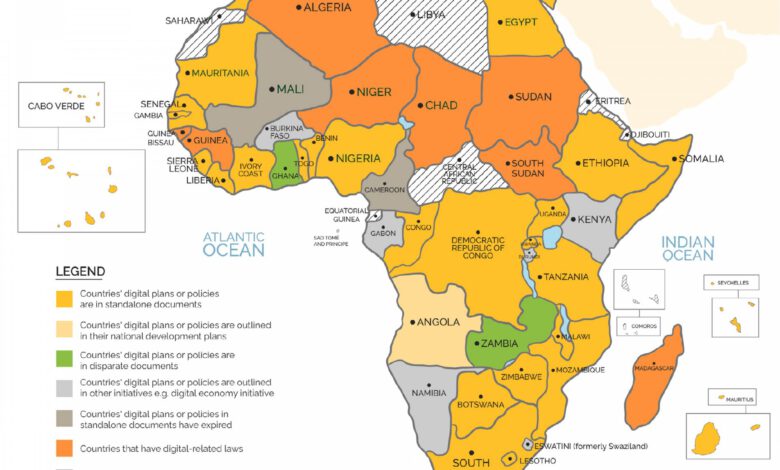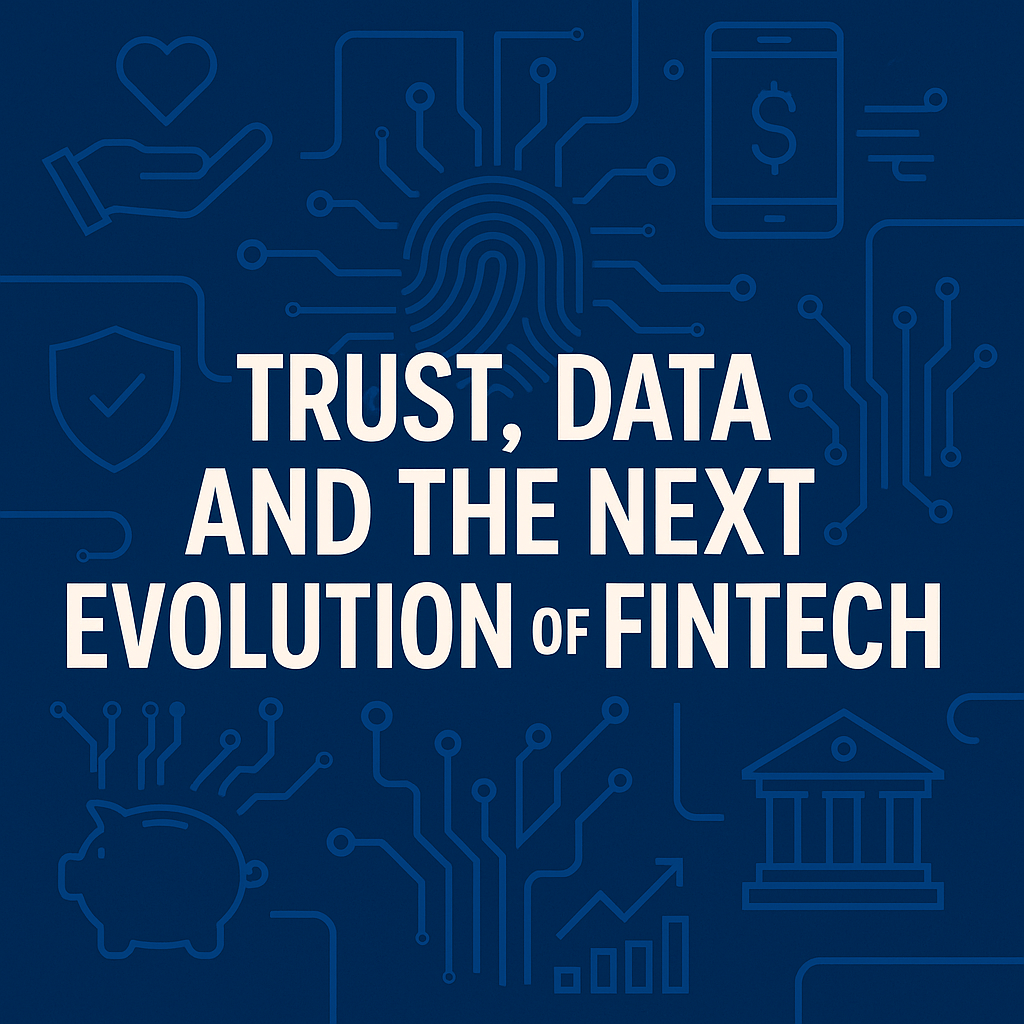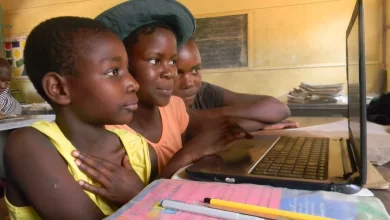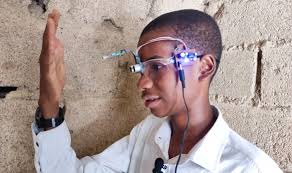Why Africa Needs It’s Own Digital Infrastructure

Africa is rising but on borrowed tools.
From digital payments to data storage, much of the continent relies on foreign owned platforms that weren’t built with African realities in mind. This dependence leaves millions vulnerable to disruptions beyond their control.
As tech adoption grows across Nigeria and beyond, one truth becomes urgent. Africa must build its own digital infrastructure to secure its future.
This article explore why Africa must urgently build and own it digital infrastructure to secure it future, economy and voice.
For decades, Africa’s digital growth has been powered by external technologies from cloud storage hosted overseas to payment systems managed by foreign companies. While smartphone penetration and internet access have improved across countries like Nigeria, Kenya and South Africa, the infrastructure powering these services is mostly owned and controlled by outsiders.
In 2021 alone, over 70% of Africa’s internet traffic was routed through servers located outside the continent. This dependency not only slows access and increases costs but also poses a threat to data sovereignty and digital independence.
As Africa’s tech ecosystem continues to expand with startups raising over $6 billion in 2022 the need for homegrown infrastructure is no longer a luxury but a necessity.
Not more than ever, there’s a growing call from policy makers, teach leaders and entrepreneur to build Africa first solution that are resilient, secure and truly sovereign.
RECENT DEVELOPMENT.
In March to May 2024 multiple undersea cables (WACS, ACE, MainOne, EASSy, Seacom) were cut disrupting internet for over 10 nations across West, Southern and East Africa scrambling financial services, education, and government systems.
To prevent future disruptions, experts recommend investing in new initiatives aimed at redundancy and regional governance for cable infrastructure.
Data center boom across Africa and the investment into local data is rising sharply. IFC world Bank backed Raxio group with $100M to build centers and expand Africa data center capacity. Africa holds 1% of global data center capacity despite hosting 18% of the world’s population.
Cloud and policy push for public-private partnerships are fueling growth like Kenya’s $1 billion initiative with Microsoft and G42 for green cloud infrastructure.
Governments across Morocco, Kenya, South Africa and Nigeria are offering tax holidays and Special Economic Zones to boost local storage capacity and data sovereignty.
All of this matter because :
- Digital sovereignty owning infrastructure ensures reliability, protects data and fosters independence.
- Economic growth, the sector is becoming a major job creator from engineers to data scientists.
- AI readiness building local computer power allows Africa to train and run AI on its terms. Government rely on faster infrastructure and data train privacy.
- Rural inclusion share infrastructure initiative to help reach schools and village through electrification and fiber
- Security right, the local hosting support stronger cyber security framework and counter internet blackout a record 21 in 2024.
These development shows that African is rising but only by building and owning it own digital backbone.
African nations are moving from being passive users of foreign digitals to actively building their own infrastructure subsea cables, data centers, policy frameworks, signaling a transformative shift toward digital autonomy, resilience, sovereign infrastructure, regional operators backed by global tech giant and multilateral institution.
EXPERT INSIGHT
We can’t talk about digital independence when our data is stored in servers thousands of miles away, says Chinasa Udeh, a Nigerian cybersecurity expert.
Tunde Olayemi, a tech policy analyst in Ghana, believes Africa is on the brink of something powerful. We are finally seeing local data centers in places like Accra and Nairobi. If we keep building, we can shift from being digital consumers to digital creators.
According to Dr. John Kamara, founder of Adanian Labs, Digital infrastructure isn’t just about connectivity it’s about survival, independence, and future relevance. Africa cannot leap into a tech driven future while renting space in someone else’s house.
The more African data lives abroad, the less control we have over how it’s used. Without infrastructure, our autonomy is compromised, our future is outsourced.
IMPACT
Across the continent, developers, governments, and investors are starting to prioritize data sovereignty and regional cloud systems. These moves promise to boost job creation, protect African digital rights and secure local innovation.
The Minister of ICT in Rwanda, speaking at the 2025 Africa Tech Forum, said: Digital sovereignty is the new currency of power. We are investing in infrastructure not just for today’s convenience but for tomorrow’s competitiveness.
If Africa builds its own digital infrastructure from local data centers to shared broadband backbones the impact will be transformative
Form the economy of Job creation in tech, construction, cyber security and cloud management to more inclusive access to online education, healthcare and markets even in remote areas.
Stronger innovation support for AI, fintech, agri-tech and climate solutions tailored to African realities towards human development mission.
The message is clear. Africa doesn’t just need faster internet it needs ownership of the pipes, the platforms, and the power behind it.
BROADER PERSPECTIVE
The African Union’s Digital Transformation Strategy (2020–2030) is also gaining momentum with plans to promote cross-border data exchange, regional cloud infrastructure and unified cyber security laws, the future is leaning toward a connected, collaborative and continent owned ecosystem.
- The road ahead is bold and already unfolding. Several African countries are now investing in indigenous infrastructure projects.
- Kenya plans to launch its first national cloud service by 2026, offering secure storage for government and educational data.
- Nigeria’s Galaxy Backbone is expanding its fiber optic reach to rural regions, aiming to bridge the digital gap for underserved communities.
- Partnerships like Smart Africa, backed by the African Union and World Bank are funding cross border digital corridors that connect local innovation hubs.
At the heart of it all is a growing belief Africa’s digital independence must be built not borrowed. And that begins with infrastructure rooted in our soil powered by our sun and run by our people.
Local startups and tech entrepreneurs are already rising to the occasion developing cloud based ed-tech platforms, localized e-commerce solutions and AI models trained on African data. These innovators are not just coding apps they are designing Africa’s digital future.
Africa doesn’t need pity, we need platforms.
We don’t need handouts, we need hands on deck.
We don’t need to wait, we need to build.
Because the next time the world glitches, Africa shouldn’t pause.
We should keep moving.
The future is digital. And if we want a future we can truly call ours, we have to start laying the digital foundation today, one server, one cable, one African built solution at a time.
We cannot afford to wait. Africa’s digital infrastructure must be built by us and for us. Let’s invest, innovate,
and insist on ownership.
❓ Are you a tech founder, policymaker or creative.
❓ Are you curious about how digital infrastructure shapes your future.
~ Share your thoughts.
~ Spread the conversation.
~ Subscribe to Techdom Africa for more stories that shape Africa’s digital tomorrow.





